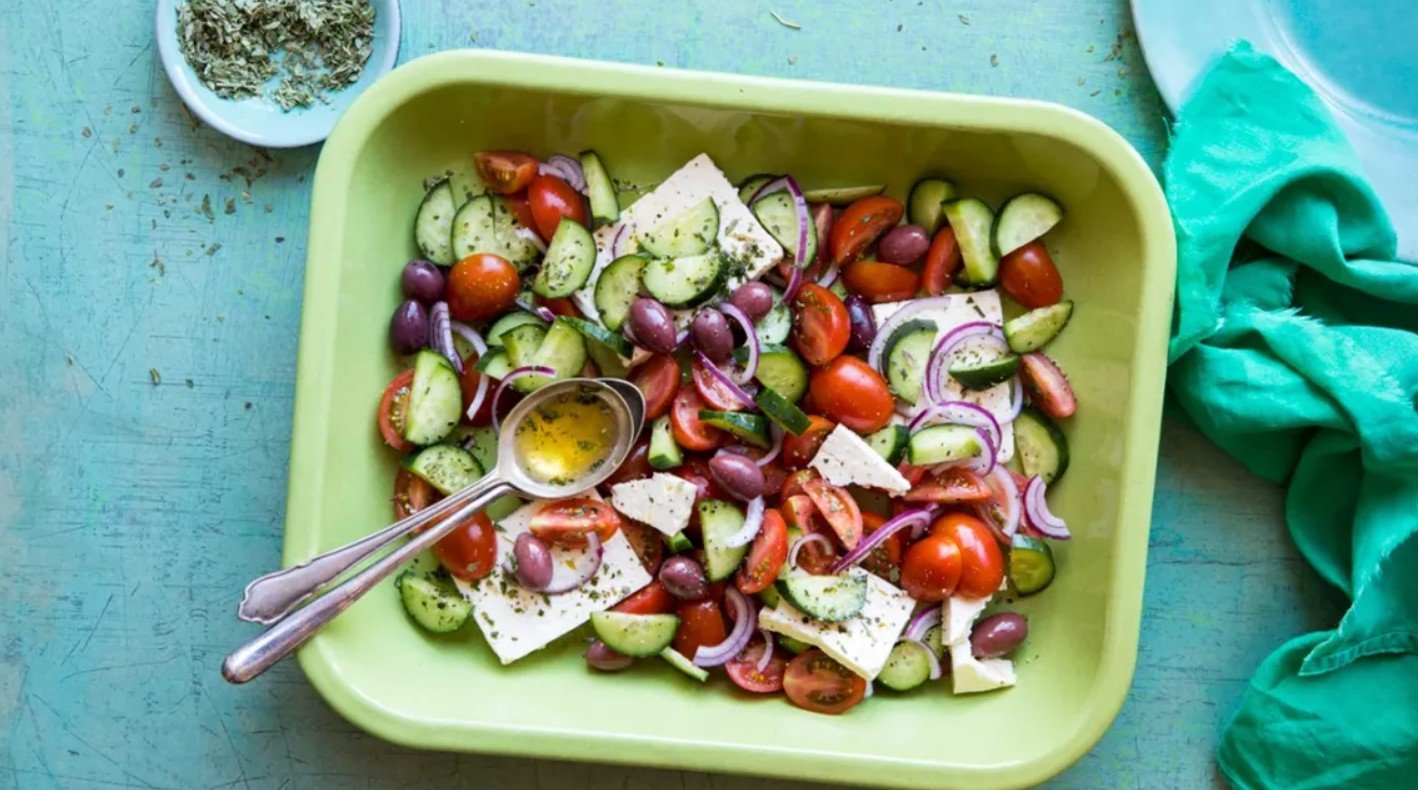Nutrition is equally important for an athlete as training to craft skills and hitting gym to build muscles and strength. Diet plays even bigger role when an athlete is young and is growing. Just as a car needs gasoline to run, humans beings need food as fuel for energy. But athletes, who put in more efforts and indulge in intense activities during gym and matches, need more than just simple food to perform at their best. A balanced diet ensures athletes get the energy, nutrients, and hydration necessary to support sports journey.
Also Read: How Hydration Impacts Athletic Performance
Why Is a Balanced Diet Important for Young Athletes?
Aspiring young athletes burn more calories and need more energy during their growth. It’s important to plan a balanced diet that fulfill nutrient requirement. Here’s how a planned diet can help a young athlete:
- Energy Requirement: Young children are more active and burn more calories during their daily activities. And if a child is into sports, he needs more energy to remain active. A balanced diet tailored to his needs can fulfill that requirement.
- Muscle Growth and Repair: Protein helps in building and repairing muscles. As children go through growing phase, their muscle mass also changes. A diet rich in protein nutrient is a must for young athletes.
- Bone Strength: The lack of nutrients like calcium and vitamin D can result in weak bones. That’s why young athletes must be given food that are rich in nutrients such as calcium and vitamins for developing strong bones.
- Improved Performance: Balanced diet improves endurance, strength, and focus during games or practices.
- Injury Prevention: If a children is given a proper well balanced diet, he is likely to develop immunity to a lot of diseases, or at least he will get recover more quickly from injuries.
Also Read: Top Nutrition Myths That Hurt Athlete Performance
Key Components of a Balanced Diet for Young Athletes
A balanced diet is not about eating something healthy or avoiding junk food, it’s also about including the right nutrients in the correct proportions. Here’s what to focus on:
1. Carbohydrates: This is the main energy source for a human body, especially for athletes doing intense activities. See carbohydrates as the main fuel for the body. The more an athlete does activities, the more carbs he needs.Sources: Whole grains (brown rice, oatmeal, quinoa), fruits, vegetables.Daily Intake: 50-60% of diet.
2. Proteins: Vital for muscle growth and recovery. Proteins are made up of amino acids which is used by body to build and repair muscles and bones. Body can also use protein as an energy source.Good Sources: Lean meats (chicken, turkey), fish, eggs, dairy, beans, nuts, and tofu.Daily Intake: Around 1.2 to 2.0 grams of protein per kilogram of body weight.
3. Fats: Together with Carbohydrates, Fats one of the main source of energy. They also help in the absorption of fat-soluble vitamins.Good Sources: Avocados, nuts, seeds, olive oil, and fatty fish (like salmon).Daily Intake: Fats should constitute about 20-30% of the total calorie intake.
4. Vitamins and Minerals: They are the main Building Blocks. They are also known as Micronutrients and are essential for bone health, immune support, and energy production.Good Sources: Calcium and Vitamin D – Found in milk, cheese, yogurt, and cereals for bone strength.Iron: Found in meats, spinach, and lentils.Potassium and Magnesium: Found in bananas, nuts, and leafy greens.
5. Hydration: One of the biggest factor for maintaining peak performance. Dehydration can lead to fatigue, muscle cramps, and reduced focus.Tips for Hydration: Drink water and consider drinks with electrolytes.
Also Read: Strength vs Endurance: How to Choose the Right Training Plan?
Designing a Diet Plan for Youth Athletes
Creating a diet plan for youth athletes could be challenging as everyone’s body is different and needs different components at a different proportion. That said, an average balanced diet should contain right proportion of carbs, protein, and fat with adequate hydration. In addition, timing of consuming food and rest are also significant factors.
1. Pre-Workout Meals: Should be low in fat and must be rich in carbohydrates. It should also contain moderate amount of protein
Examples: Banana. Peanut butter. Oatmeal.
Timing: Eat 1-3 hours before exercise.
2. During Exercise: If an athlete is doing an exercise that lasts longer than 60 minutes, he must keep his body hydrated.
Examples: An energy drink or an electrolyte-rich sports drink must be taken at regular inervals.
3. Post-Workout Recovery: Besides taking water or sports drinks, an athlete should also consume meals or snacks 30 minutes to 1 hour after exercise.
Examples: Chocolate milk. Greek yogurt. Honey. Milk, and fruits.
Sample Daily Diet Plan for Youth Athletes
Let’s take a look what the balanced diet for a young athlete might look like. This is just an example and every athlete should make his own diet chart plan:
Breakfast: Scrambled eggs with spinach and whole-grain toast. A glass of milk or a fruit smoothie.Mid-Morning Snack: A handful of almonds or a low-fat yogurt with fruit.Lunch: Cereals. Roti with Paneer Burji. Rajma Chawal. Fish Curry. Chicken. Dahi Chawal. Plus Salads.Afternoon Snack: A banana with a tablespoon of peanut butter.Dinner: Quinoa khichdi. Soya chunks curry with multigrain roti. Plus Salads. Moong dal cheela with green chutney and curd
Final Thoughts
A balanced diet is more than just meeting calorie needs. It has to have every nutrient in right quantity that leads to an athlete performing at an optimum level. If an athlete can include whole, nutrient-dense foods and proper hydration with his training and gym activities, he can unlock his potential and can even enhance his performance. Always remember that food is the fuel you give to your body. Better quality of food means more energy for you.
Follow us on Facebook, Instagram and LinkedIn.
Share this content:
